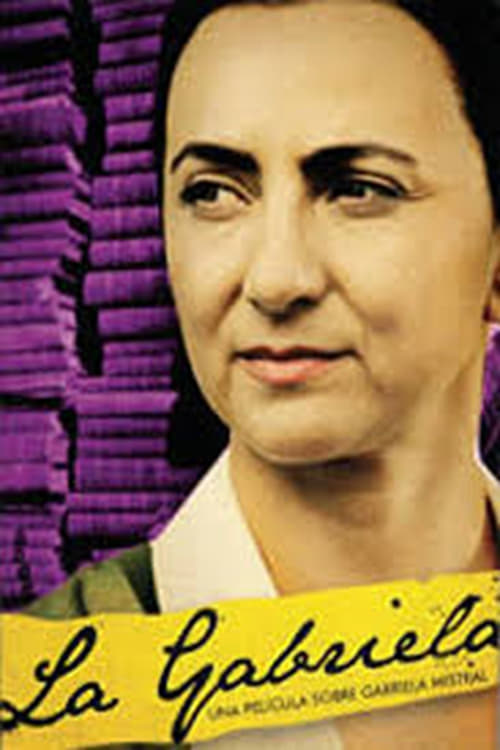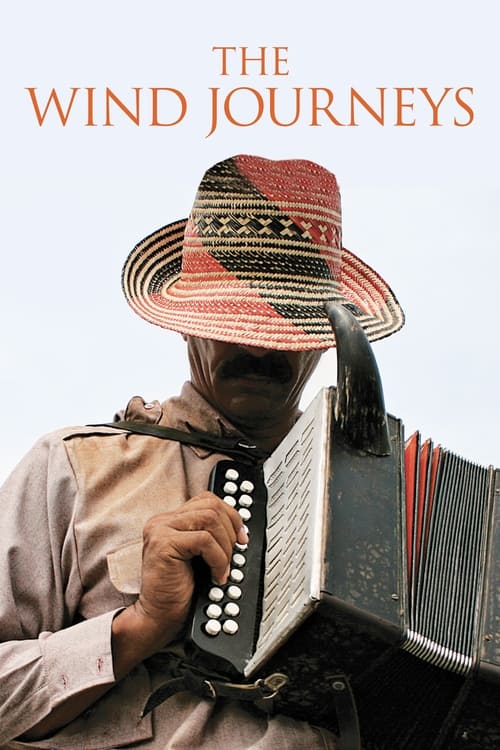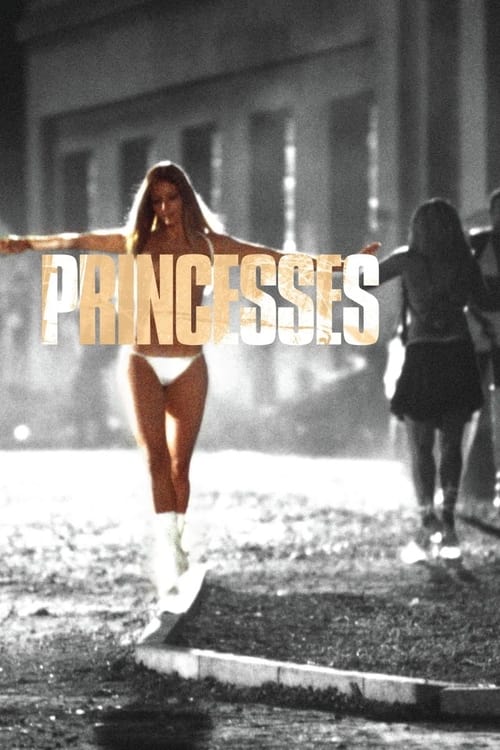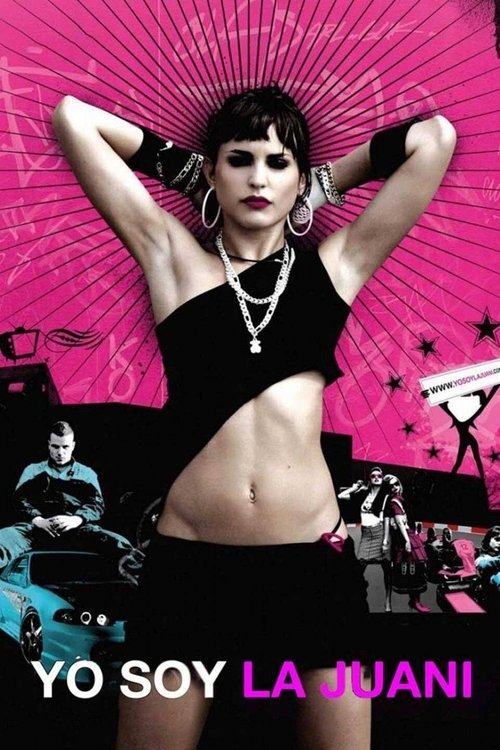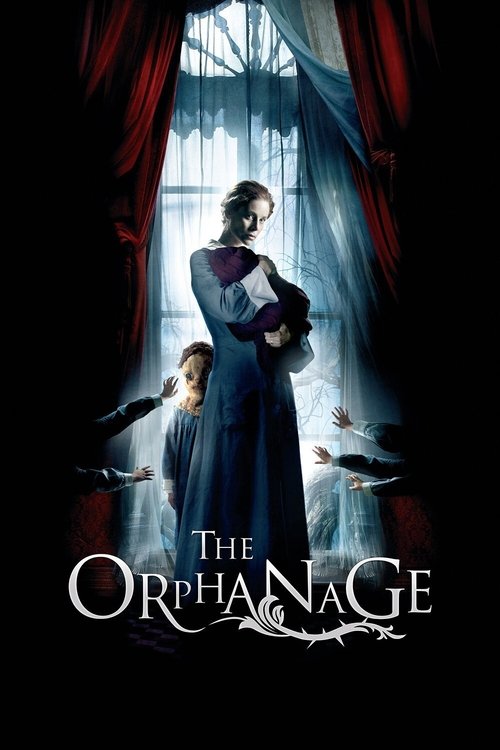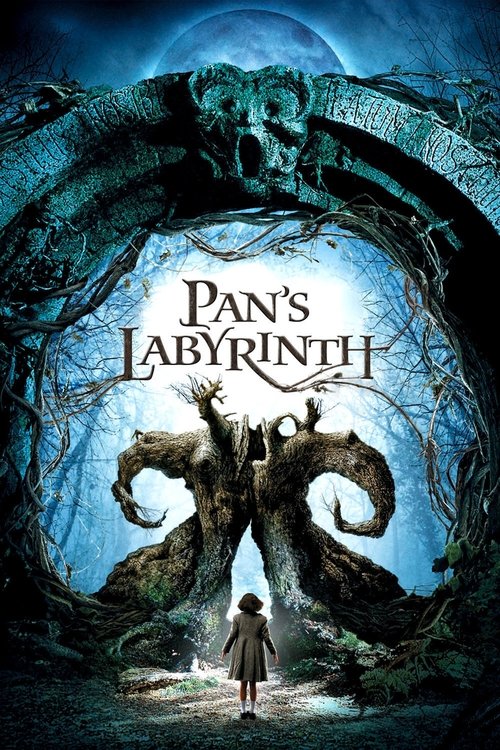
Ask Your Own Question
What is the plot?
What is the ending?
In the ending of "La Gabriela: Una historia sobre Gabriela Mistral," Gabriela Mistral reflects on her life and legacy as she faces the realities of aging and the impact of her work. The film concludes with her receiving recognition for her contributions to literature, but it also highlights her personal struggles and the sacrifices she made for her art.
As the final scenes unfold, Gabriela is seen in her later years, grappling with the weight of her past. She is visited by friends and admirers who express their gratitude for her influence, yet she remains introspective, contemplating the loneliness that often accompanied her success. The film closes with a poignant moment where she acknowledges her enduring love for the people and places that shaped her, leaving the audience with a sense of both triumph and melancholy.
In a more detailed narrative, the ending begins with Gabriela Mistral sitting in a sunlit room, surrounded by books and papers that reflect her illustrious career. The camera captures her aged hands, worn yet graceful, as she turns the pages of a collection of her poetry. There is a sense of nostalgia in her expression, a mixture of pride and sorrow as she recalls the moments that defined her life.
Scene transitions show her interacting with a group of young students who have come to learn from her. They are eager and bright-eyed, hanging on her every word as she shares her insights about literature and the power of words. Gabriela's face lights up with passion, but there is an underlying sadness in her eyes, hinting at the sacrifices she made for her art and the relationships that suffered as a result.
As the day progresses, Gabriela receives a visit from a fellow poet and friend, who brings news of her nomination for a prestigious literary award. The conversation is filled with warmth and admiration, yet Gabriela's response is tinged with doubt. She reflects on the loneliness that often accompanies recognition, revealing her internal conflict about the price of fame. Her friend encourages her to embrace the honor, reminding her of the impact her work has had on countless lives.
In the following scene, Gabriela stands before a gathering of admirers at a literary event. The atmosphere is celebratory, with applause and cheers echoing around her. As she steps up to the podium, the weight of her experiences hangs heavily on her shoulders. She delivers a heartfelt speech, expressing gratitude for the love and support she has received, but also acknowledging the struggles she faced as a woman in a male-dominated literary world. Her voice trembles with emotion as she speaks of the importance of authenticity and the courage to pursue one's passion.
The film then shifts to a quieter moment, where Gabriela is alone in her garden, surrounded by the flowers she loves. She reflects on her life, the choices she made, and the people she lost along the way. The camera captures her contemplative gaze as she watches the petals flutter in the breeze, symbolizing the fleeting nature of life and beauty.
As the final credits roll, the audience is left with a sense of closure. Gabriela Mistral's legacy is solidified through her words and the lives she touched, but the film also emphasizes the personal sacrifices she made for her art. The fate of each main character is intertwined with Gabriela's journey; her friends and admirers continue to carry her influence forward, while Gabriela herself finds solace in the knowledge that her voice will endure, even as she faces the twilight of her life.
Is there a post-credit scene?
The movie "La Gabriela: Una historia sobre Gabriela Mistral" does not feature a post-credit scene. The film concludes with a poignant reflection on Gabriela Mistral's life and legacy, focusing on her contributions to literature and her impact on Chilean culture. The ending emphasizes her emotional journey and the struggles she faced, leaving the audience with a sense of closure regarding her story without any additional scenes after the credits.
What are the key events in Gabriela Mistral's childhood that shaped her character?
The film delves into Gabriela Mistral's early life in the small town of Vicuña, Chile, where her humble beginnings and the influence of her mother, who was a schoolteacher, play a significant role in her development. The emotional turmoil of her father's abandonment and the nurturing environment provided by her mother instill in her a deep appreciation for education and literature.
How does Gabriela Mistral's relationship with her mentor, the poet Pablo Neruda, evolve throughout the film?
The film portrays a complex relationship between Gabriela and Pablo Neruda, highlighting their mutual respect and admiration for each other's work. Initially, Neruda serves as a mentor, encouraging Gabriela's poetic ambitions. However, as their careers progress, tensions arise due to differing political views and personal rivalries, showcasing the emotional strain on their friendship.
What role does Gabriela Mistral's love life play in her emotional journey?
Gabriela's love life is depicted as tumultuous and deeply impactful on her emotional state. The film explores her unrequited love for a fellow teacher, which leads to profound feelings of longing and heartbreak. This personal struggle is intertwined with her poetry, revealing how her experiences of love and loss fuel her creative expression.
How does the film portray Gabriela Mistral's struggles with societal expectations as a woman in the early 20th century?
The film vividly illustrates Gabriela's battles against the restrictive norms of her time, showcasing her determination to assert her identity as a poet and educator. Scenes depict her facing skepticism and prejudice from male contemporaries, which fuels her resolve to succeed and be recognized for her talents, ultimately leading to her groundbreaking achievements.
What significant events in Gabriela Mistral's life lead to her receiving the Nobel Prize in Literature?
The film chronicles Gabriela's journey to international acclaim, highlighting key moments such as her influential works, her advocacy for education and women's rights, and her travels abroad. The culmination of her efforts and the recognition of her literary contributions are depicted as pivotal moments that lead to her being awarded the Nobel Prize in Literature, showcasing her impact on the literary world.
Is this family friendly?
"La Gabriela: Una historia sobre Gabriela Mistral" is a biographical film that explores the life of the renowned Chilean poet Gabriela Mistral. While the film is primarily focused on her achievements and personal struggles, there are some themes and scenes that may be considered sensitive for children or those who are particularly sensitive.
-
Themes of Loss and Grief: The film delves into Mistral's experiences with loss, including the death of loved ones, which may evoke strong emotions.
-
Depictions of Emotional Struggles: Gabriela faces various personal challenges, including her struggles with identity and societal expectations, which may be complex for younger viewers to fully grasp.
-
Societal Issues: The film touches on themes of gender inequality and societal pressures, which may include discussions or depictions that could be upsetting for some.
-
Romantic Relationships: There are elements of unrequited love and complicated relationships that may not be suitable for all children.
-
Cultural Context: Some scenes may reflect the historical and cultural context of Mistral's life, which includes moments of hardship and societal challenges.
Overall, while the film is a celebration of Mistral's life and contributions, its exploration of deep emotional and societal themes may require parental guidance for younger audiences.

